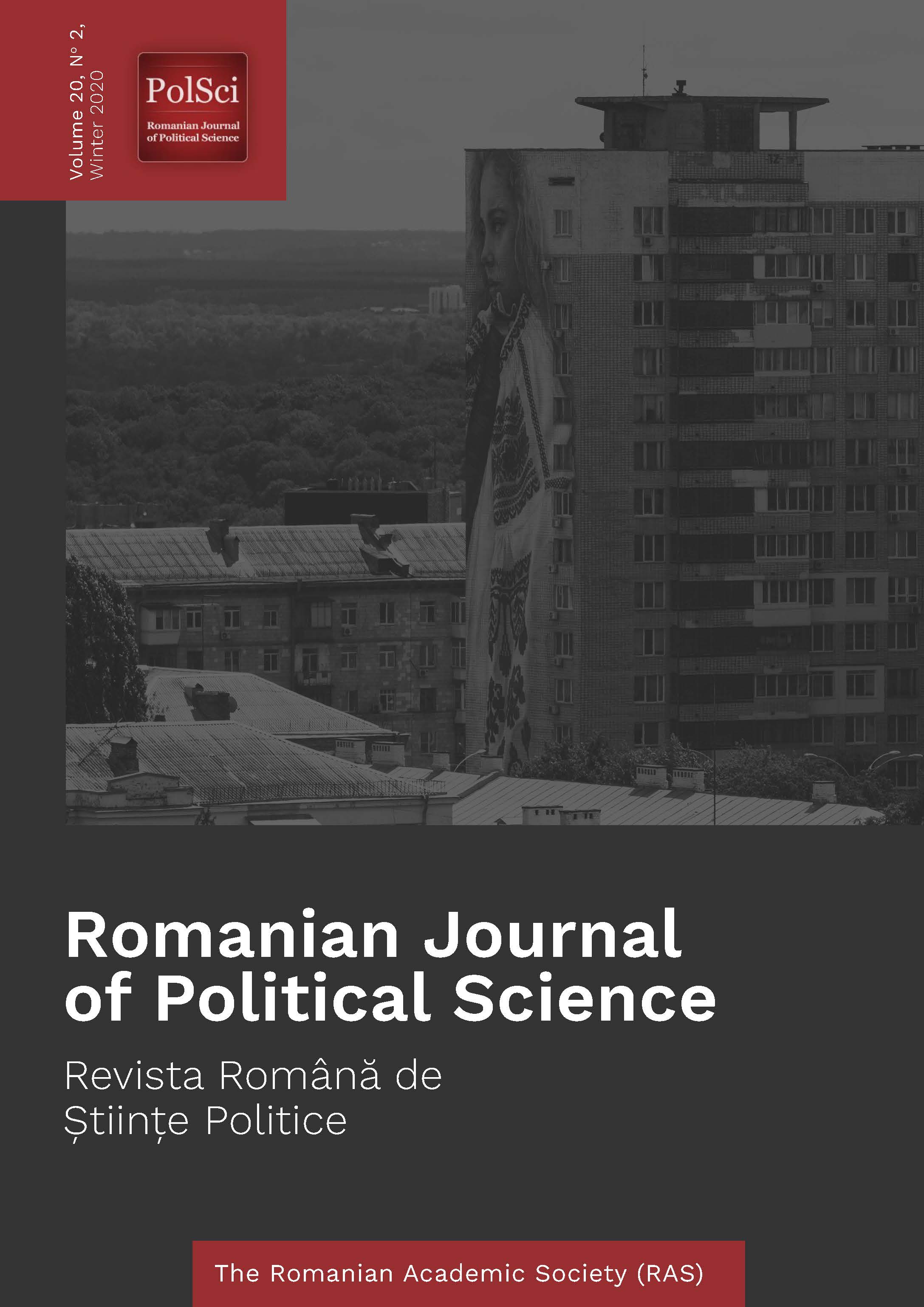Public procurement in the European Union: Transparent and fair? An evaluation of the effectiveness of Directives 2014/23, 2014/24 and 2014/25 on indicators of transparency and corruption
Public procurement in the European Union: Transparent and fair? An evaluation of the effectiveness of Directives 2014/23, 2014/24 and 2014/25 on indicators of transparency and corruption
Author(s): Koen OosthoekSubject(s): Government/Political systems, Methodology and research technology, EU-Accession / EU-DEvelopment, Corruption - Transparency - Anti-Corruption
Published by: Societatea Academică Română (SAR)
Keywords: Procurement; Corruption; Transparency; Directives; European Union;
Summary/Abstract: Ever since the signing of the Treaty of Rome in 1957, the European Union has aimed to increase transparency and decrease corruption in procurement by several directives and policies. In this study, we will assess whether the transposition of Directives 2014/23, 2014/24 and 2014/25 has led to more transparency and less corruption in public procurement. We measure transparency through the presence of key information fields in tender notices, while corruption is measured through the risk indicator of single bidding. We first regress eight indicators of transparency on single bidding in eight different binary logistic models. Here we find that a ratio indicator of transparency, in which the share of key missing information fields on the tender notice level is calculated, shows the highest effect on single bidding. Using this ratio transparency indicator, we observe no clear increase of transparency after the transposition of the directives. Likewise, our models do not provide support for a decrease of single bidding after the transposition of the directives. We find that the leeway the generic nature of the 2014 Directives provide may decrease the level of previously well-established procurement laws and norms in specific countries. We recommend increasing the monitoring and enforcement power of the Union to ensure proper compliance. We also pro- pose to implement a Union wide tender data repository and platform to foster research and open competition in tenders.
Journal: Romanian Journal of Political Sciences
- Issue Year: 20/2020
- Issue No: 2
- Page Range: 30-61
- Page Count: 32
- Language: English
- Content File-PDF

